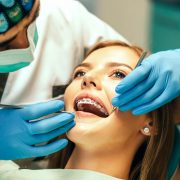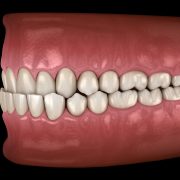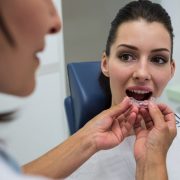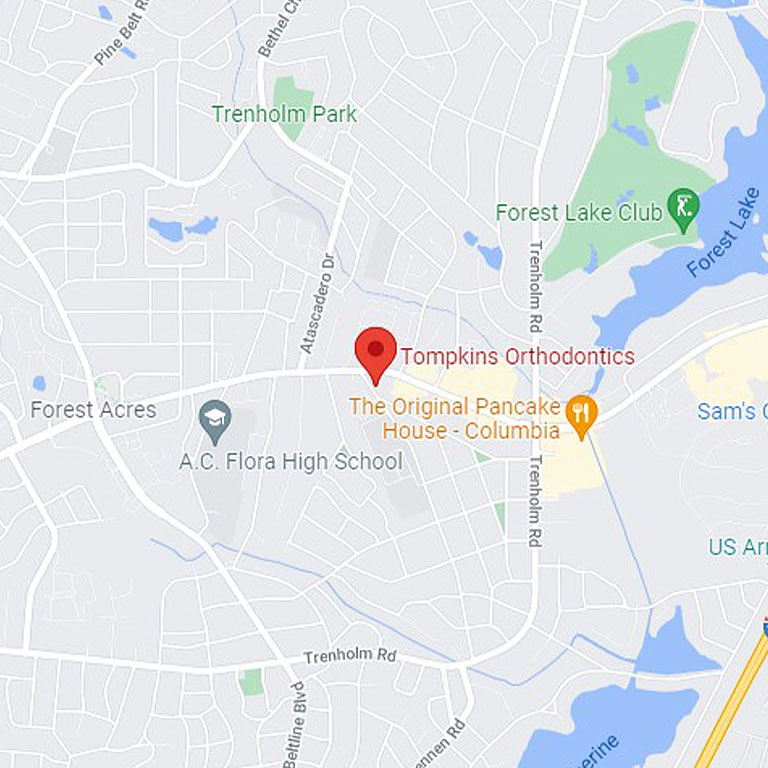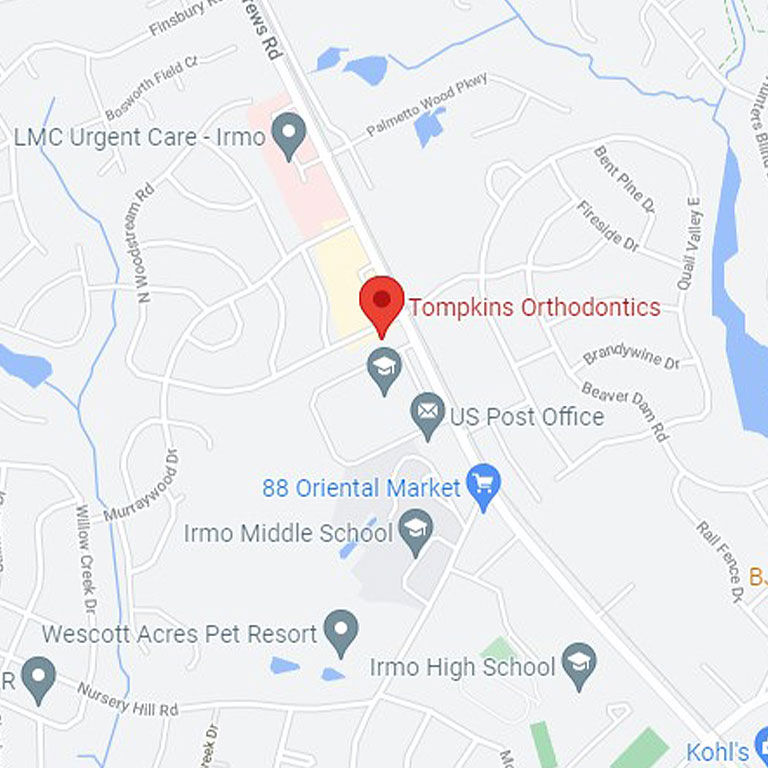How Braces Affect Your Speech and How to Adapt
If you’re thinking about getting braces in Columbia, SC, you might be wondering if they will affect your speech, right? Well, don’t worry! While it’s true that braces can affect your speech, you will adapt. Also, we will give you some tips and tricks to help you adjust. And, if you don’t, we will tell you when you should be concerned enough to see your orthodontist.
Let’s dig in!
Why Braces Can Affect Speech
Braces will affect the position of your lips, tongue, and teeth. These all play a key role in speech.
When you first get your braces, you will notice that it’s a bit harder to make the “s,” “z,” and “th” sounds. You might experience a slight lisp. These issues will only last about a week or two, just until the muscles in your face adapt.
Not everyone will experience speech issues. And for others, their speech issues are only slightly noticeable.
Tips for Adapting to Speech Changes
If you want to get through the adjustment process a bit quicker, here are some tips and tricks you can use.
Read Aloud Daily – Read books, poetry, or tongue twisters. Doing so will help you build control over your speech.
Speak Slowly and Intentionally – Give your mouth time to adjust. Speak slowly and intentionally. This will help you reduce speech mistakes. It will also train your tongue how to work around your new braces.
Orthodontic Wax – If you find that certain brackets or wires irritate your cheeks or tongue, apply some orthodontic wax to them. This will give you some relief.
Stay Hydrated – Having a dry mouth will make it harder to speak clearly. So, make sure you drink plenty of water throughout the day. This will keep your tissues moist and flexible.
Be Patient – Just like anything else. It takes time to adapt. So be patient. And before you know it, you won’t notice your new braces at all.
When to Talk with Your Orthodontist
You should schedule an orthodontist appointment if your speech issues continue longer than a few weeks. Your orthodontist in Columbia, SC, will check your new braces for mechanical issues or refer you to a speech therapist. But don’t worry, persistent issues are rare. And they’re easily treatable!
Looking for an Orthodontist in Columbia, SC?
Getting braces will change your smile for the better. You’ll have a beautiful smile for the rest of your life. So, don’t put off seeing an orthodontist to get the process started. Please Contact Tompkins Orthodontics today for a consultation and exam. Then we can discuss the different types of braces we offer, and which option might be right for you.







